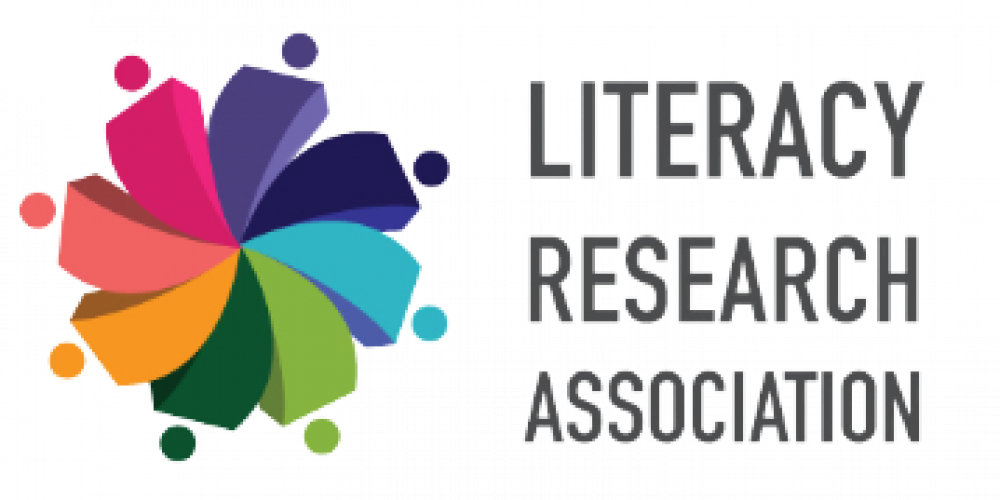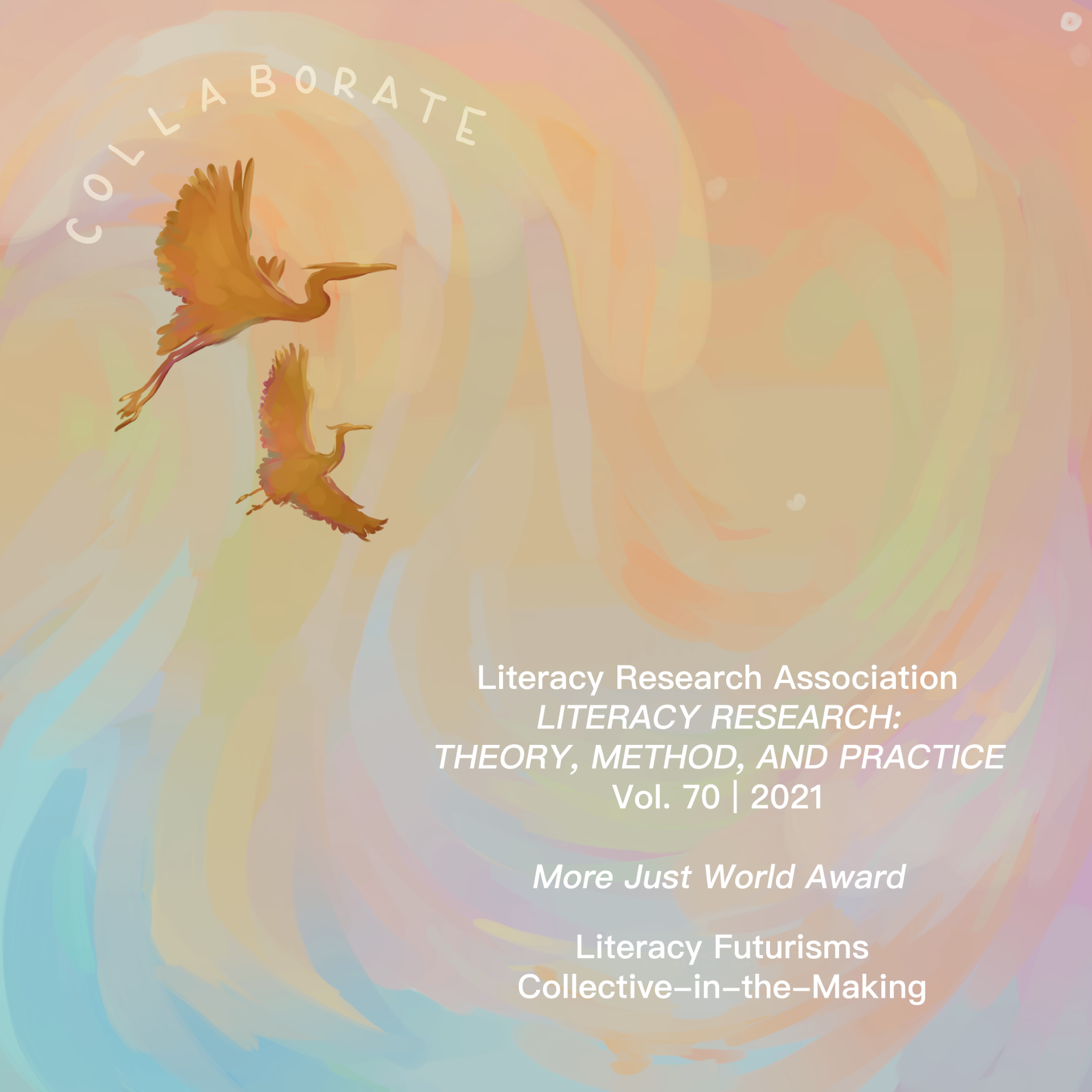Focusing On Publishing Research That Makes a Difference
The Lead Editors of Literacy Research: Theory, Method, and Practice (LR:TMP), Volumes 70-72, will use this blog to advance publishing transparency and ethics. We will also promote content from past issues, link to online first articles for an upcoming issue, and broadcast messages about opportunities for publishing and reviewing for LR:TMP. To promote transparency, we will share with the LRA community parts of the editorship proposal for LR:TMP. Our vision includes a Focus Upon Publishing Ethical Research that Makes an Affirmative Difference in the World. Here is an excerpt from our proposal: The world is now and always has been in a state of perpetual flux, so ethical literacies scholarship must continuously recalibrate and transform to address new opportunities and problems and to inquire more generatively into seemingly intractable issues. A review of conference themes over the past 15 years shows a persistent optimism that literacy research has a part to play in “illuminating the future,” setting in motion “activism, community, and love,” and “mobilizing,” “expanding,” or “widening” pathways toward a better world. We agree. But the invisible hand of progress doesn’t inexorably move in this direction; rather, if affirmative change materializes, it is through ethically-engaged, justice-oriented practices that frequently conflict with the status quo. We believe the journal is in a unique position to expeditiously circulate life-affirming practices, theories, methods, and policy positions that warrant our optimism in the power of transformative literacies and move the field forward.To advance this scholarship, we will:– Highlight in each issue a paper (or set of papers) that exhibits a profound commitment to research that significantly contributes to making the world more just (e.g. through improving the lives of some segment of the population; advancing the field in theory, method, or policy).– Focus on troubling conversations about literacies research and the complex web of factors that affect it. For example, we look forward to putting into conversation different scholarly approaches centering on politically volatile topics of grave concern in literacies research, such as immigration policies, rising racism in schools and society, and environmental sustainability. In our first issue (Volume 70), we recognized the work of the Literacy Futurisms Collective-in-the-Making for their paper “We Believe in Collective Magic”: Honoring the Past to Reclaim the Futures of Literacy Research. They earned the first “More Just World” Award, fulfilling our proposal promise outlined in #1 above. In 2020, LRA President-Elect Gwendolyn McMillon designed a series of Collaborative Panel Discussions for the annual conference. These focused upon antiracism, Black Lives Matter in Literacy Research,Black Boys’ Literacies, and the Science of Reading. These invited papers to Volume 70 more than fulfilled our promise in #2 above, plus Volume 70’s accepted papers in part also fulfill this promise. For example, check out Presiado and Frieson’s article,“Make Sure You See This’: Counternarratives of Multilingual BlackGirls’ Language and Literacy Practices,” which focuses on the wealth of language and literacy practices that their Black, multilingual girl participants contributed to schools through their multidimensional counternarratives that challenged dominant White Mainstream narratives. All LR:TMP articles are available to LRA Members. Log in and go toLR:TMP Member Access to view the current and prior issues.




